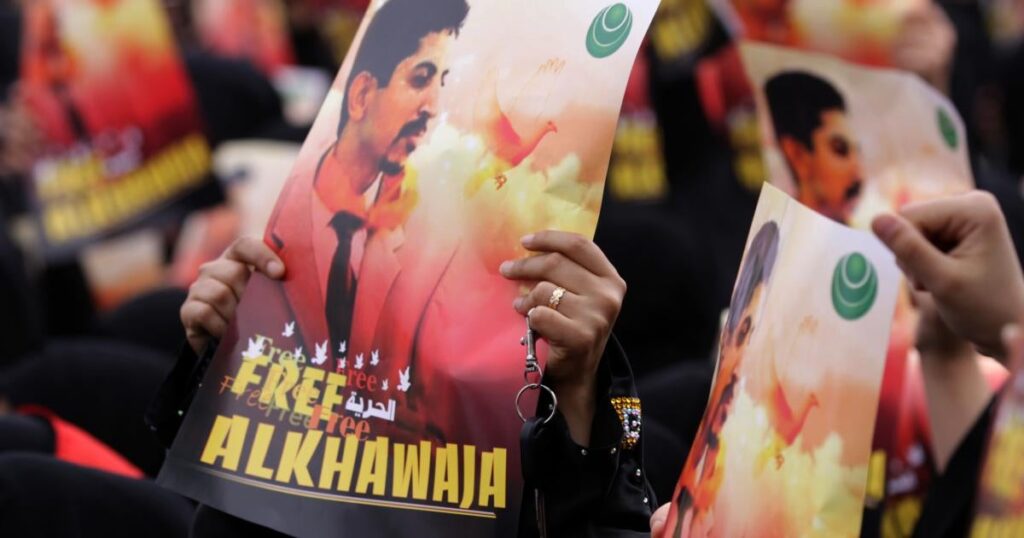For nearly 13 years, Mariam Al Khawaja has campaigned tenaciously for the release of her father, Abdulhadi Al Khawaja, a Danish-Bahraini human rights activist who is unjustly serving a life sentence in Bahrain for his peaceful human rights activism. message On February 19, Mariam announced that she too was battling cancer.
Those who know Mariam know that no one fights as hard as she does. In that sense, she is her father’s daughter. Over the years, she never gave up on seeking justice for her father’s release from prison, where he remains, fighting for his rights and those of others. Last August, he was one of many Bahraini political prisoners who began a hunger strike in protest against their inhuman and degrading treatment. Fearing for her father’s life, Mariam tried to board a flight to Bahrain, risking arrest upon arrival. She and a delegation of leading human rights activists were prevented from boarding.
Unfortunately, neither the Danish government nor the European Union have demonstrated a similar determination to fight for human rights in Bahrain.
Because EU member states consider Bahrain a “strategic partner” in the region, they were reluctant to signal to the Danish government that they were prepared to support collective action against Bahrain and make Al-Khawaja’s case an “EU case.” Last year, following the prisoners’ hunger strike, EU member states finally agreed to mention Bahrain in a statement at the UN, but some EU governments were so reluctant that the final negotiated text bordered on kowtowing to Bahrain’s dictatorial regime and made no mention at all of political prisoners or their plight.
The Danish government has also been too timid in its efforts to rally support within the EU and confront the Bahraini authorities. Said On February 27, he said he had discussed Khawaja’s case with Bahrain’s foreign minister but was “not optimistic” about the outcome. He did not say how Bahrain’s unwillingness to release Khawaja and others might affect its relations with Denmark and the EU. And that is precisely the problem.
Thirteen years of “private diplomacy” and “human rights dialogue” have done nothing to reunite Mariam and her father. The EU must admit it has let them both down and urgently change course.

